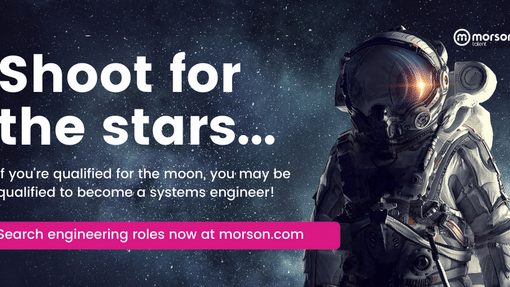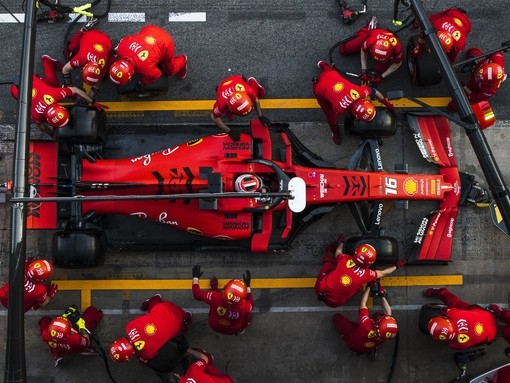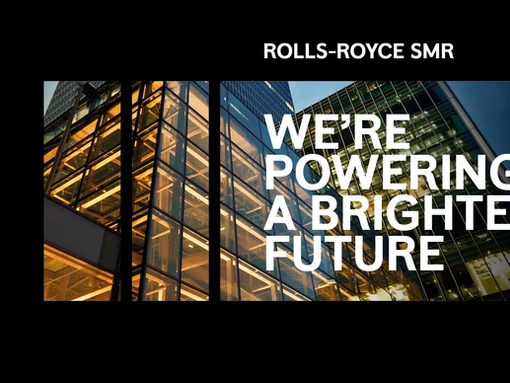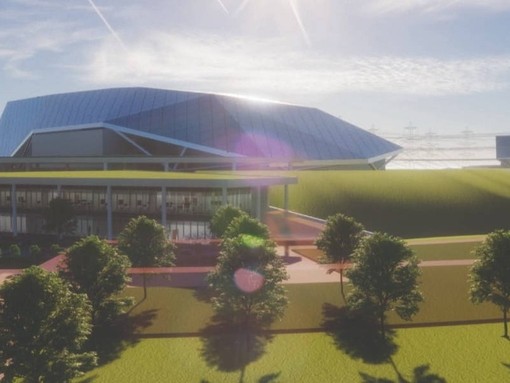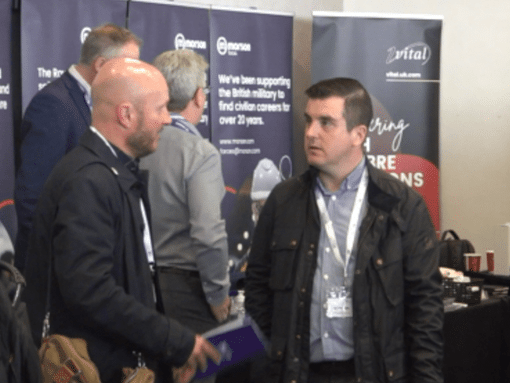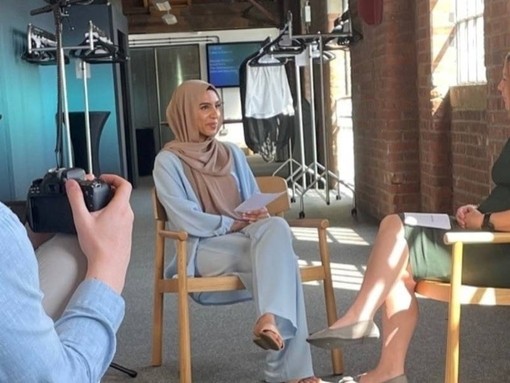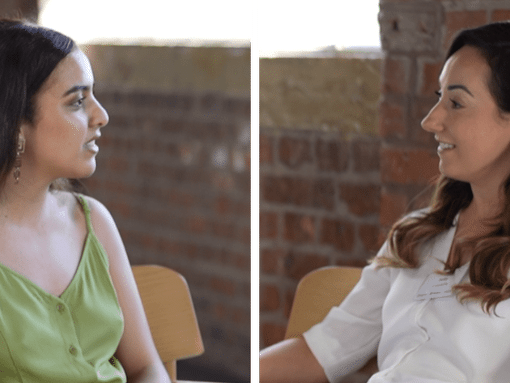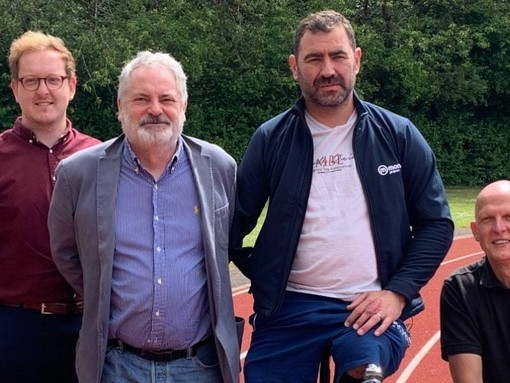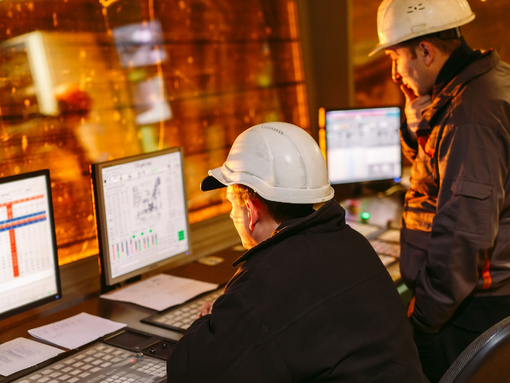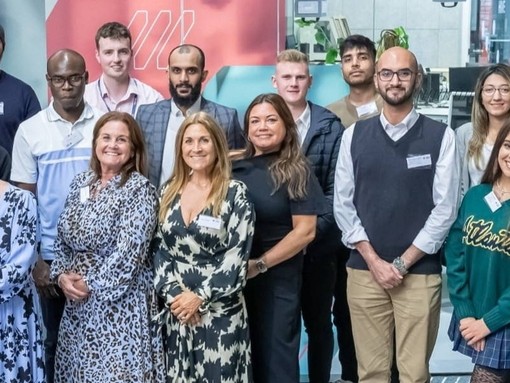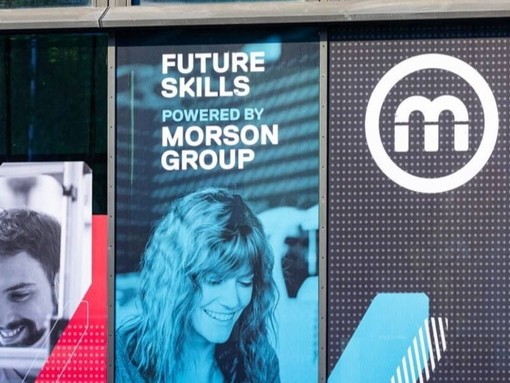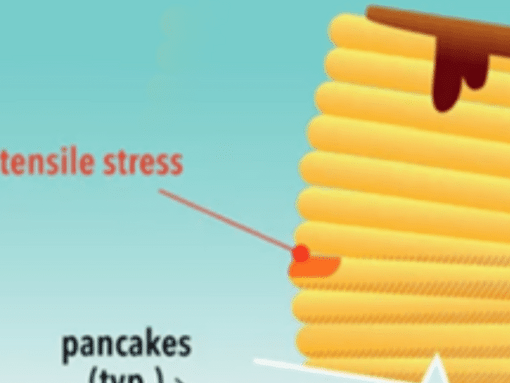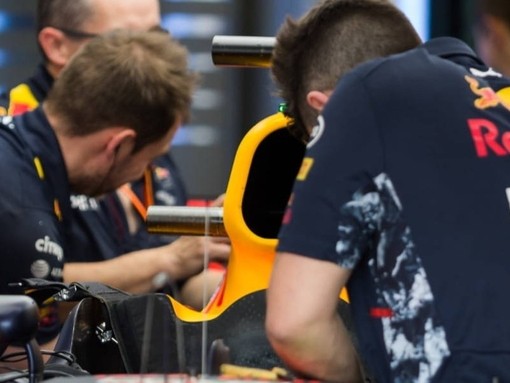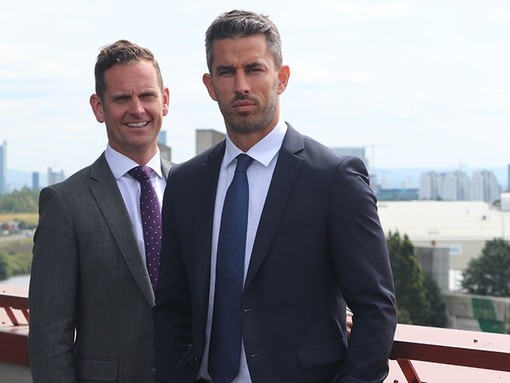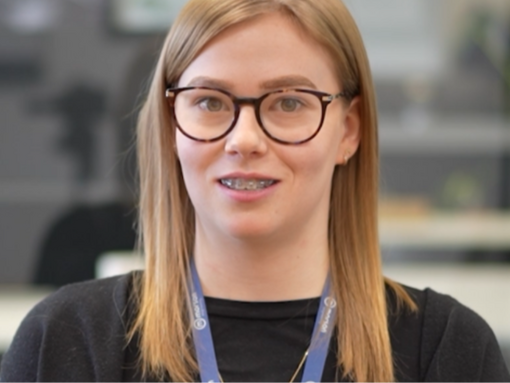
I'm an engineer - how can I become an astronaut?
Contents
While it seems like an inaccessible dream, many people with jobs in engineering, particularly at an advanced level, might actually be qualified to go boldly where few have ever been before.
The European Space Agency is currently in the process of recruiting a new generation of astronauts. This is only the third time this has happened since 1978, with the most recent recruitment roll call being in 2008, when British former Army Air Corps officer Tim Peake beat over 8,000 applications to become the first British ESA astronaut and the sixth person born in the United Kingdom to go on board the International Space Station.
The European Space Agency, formed of 22 member states and 2 associate members, is a transnational space agency and nationals from all member states and associated states may apply to be an astronaut. The plan for 2021 is to recruit 4-6 in total.
What engineering skills and qualifications do you need to be an astronaut? What are the future plans for the European Space Agency? Many people who work in engineering at the moment may be qualified to be an astronaut and may not know it yet.
Qualifications to become an astronaut
Applicants require at least a Master’s degree in either a STEM subject, Natural Sciences, or computer science and have at least three years of professional experience after they graduate (lecturing, lab or field work or hospital experience). The ESA also look upon those with a PhD or additional Master’s, particularly the ones listed above, as an asset.
If you don’t have a STEM Master’s degree, a degree as an Experimental Test Pilot or Engineer from an official institution would also be considered. This can include EPNER (France), ETPS (England), USAF TPS (US Air Force) and USNTPS (US Navy).
Astronaut duties also require intense physical exertion, so trainees must be willing to perform these as part of their training and duties. This includes swimming, underwater training to simulate weightlessness (for up to 8 hours per day) and other intense training activities.
The ESA is using this current recruitment process for a real push for diversity, stating that it wants to recruit someone with a disability for future missions. Dr David Parker, director of ESA’s robotics and human spaceflight programme, said:
“To be absolutely clear, we’re not looking to hire a space tourist that happens also to have a disability. This individual would do a meaningful space mission. So, they would need to do the science; they would need to participate in all the normal operations of the International Space Station (ISS). This is not about tokenism. We have to be able to justify to all the people who fund us - which is everybody, including people who happen to be disabled - that what we’re doing is somehow meaningful to everybody.”

